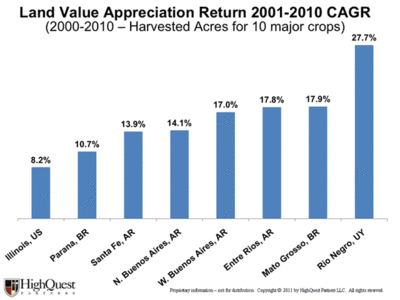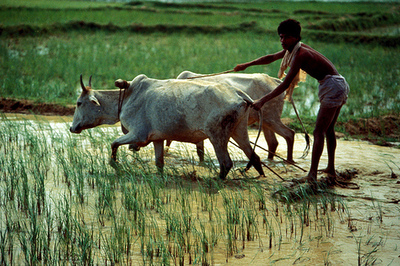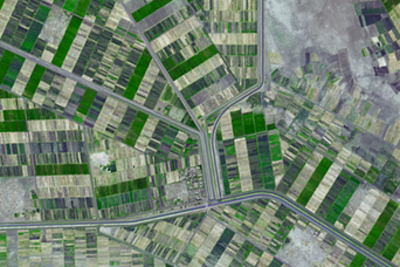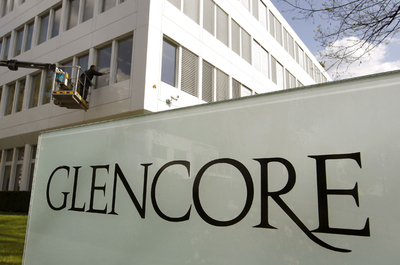Curbing land purchases by foreign investors
- IPS
- 11 May 2011
The governments of Argentina, Brazil and Uruguay are drafting laws to curb acquisition by foreigners of extensive tracts of their fertile agricultural land.

The governments of Argentina, Brazil and Uruguay are drafting laws to curb acquisition by foreigners of extensive tracts of their fertile agricultural land.

Non-renewable water sources, such as lakes and aquifers, will not withstand significant foreign investment and intense agricultural production.

So many Wall Street-types crammed the Waldorf Astoria in New York City last week for a global farmland and agribusiness conference that hosts warned the crowd of 600 not to block the fire exits.

The government of Bangladesh has also been looking for farmland abroad -- in Burma, Kenya, Uganda

Un séminaire national sur le phonème de l’accaparement des terres se tiendra à Dakar à partir du 18 mai prochain, à l’initiative du Réseau africain pour le développement intégré (RADI)

Em 2010, a NAI Commercial Properties, transnacional do ramo imobiliário, presente em 55 países, adquiriu no Brasil, para estrangeiros, 30 fazendas nos estados de GO, MT, SP, PR, BA e TO. Ao todo, 96 mil hectares!

Authorities arrest dozens of demonstrators and prevent journalists from reaching the area, while the office of Sudan's 2nd Vice president Ali Osman Taha denies reports that he has agreed to grant Egyptian farmers one million acres.

Farmers will provide part of their land to Hubei Province of China, which, in return, will fund their operations up to harvesting before buying the produce.

Los gobiernos de Argentina, Brasil y Uruguay comienzan a proponer leyes para poner coto a la avidez extranjera por sus codiciadas y extensas tierras aptas para la producción de alimentos.

Groups from across the U.S. are highlighting the dangers in a convergence of some of the world’s leading agribusiness and investment firms at a Chicago conference that starts today.

FAO side-event in the margins of the 4th United Nations Conference on the Least Developed Countries (LDC-IV) in Istanbul, Turkey, on 11 May 2011

The world's largest commodities trader and major farmland owner is issuing a stock sale, and critics say the firm causes spikes in food prices.